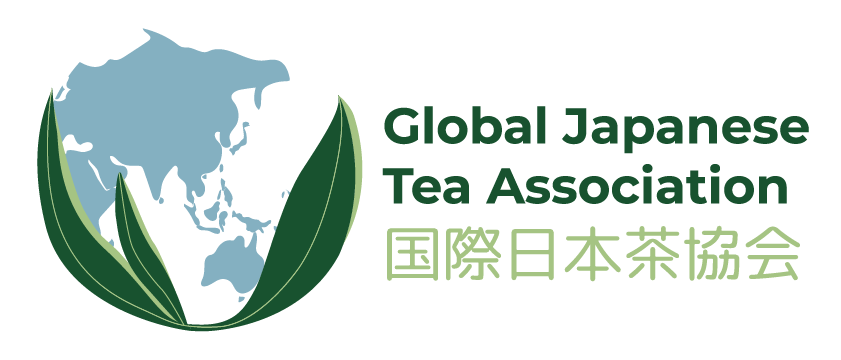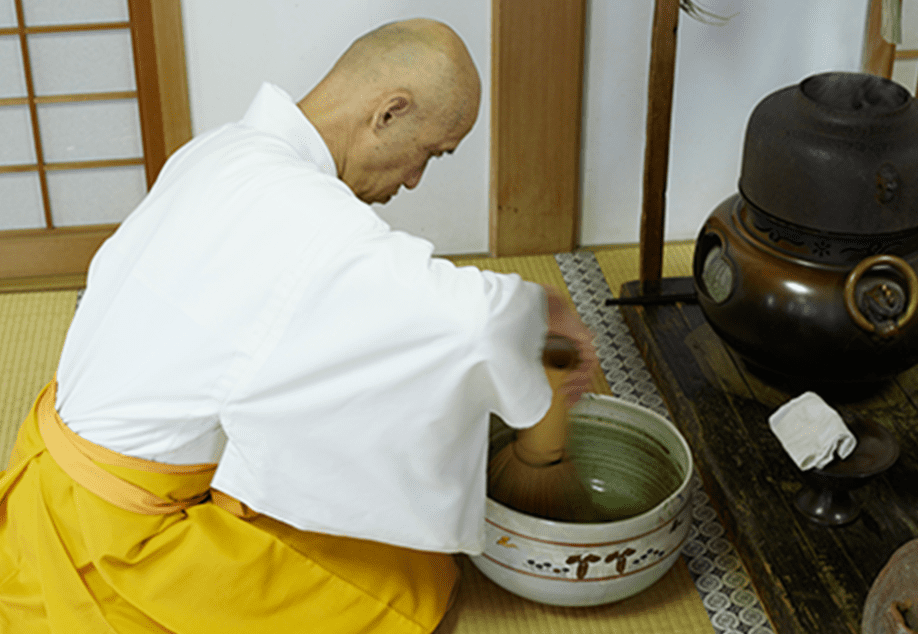November brings a beautiful change of colours in Japan, however, the situation in the tea world continues to be a difficult one. Many tea producers and sellers have experienced a drop in sales and profits this year. To assist the tea farmers, some tea regions, like Yokkaichi in Mie, are providing financial support. Perhaps the only positive trend in the industry is the growth of tea concentrates that need to be diluted with water before drinking, because they take less space than bottled tea and create less hassle than teabags.
On the health aspect of tea, there has been some positive news from the Nara Medical University. The scientists there have confirmed that 99% of the new coronavirus is deactivated when submerged in tea for 1min. The study was carried in vitro, so human studies are still necessary to determine the effect on the human body. Recognizing the importance of health topics the Japan Tea Industry Central Association is also organizing a webinar on tea and health in december.
Among other important events, the National Tea Competition award ceremony was held in Kagoshima on 13th November. Usually the award ceremony is held during the National Tea Festival, but this year the festival was cancelled and the ceremony had a limited number of participants. Another area in Kagoshima – Chiran, held their Chiran Tea Marche online on 23rd November. The program included an explanation on how to make delicious tea as well as some recipes with tea.
Kuroshio town in Kochi prefecture, on the other hand, held an in-person tea event on 15th November, that caught the eye with many red Japanese umbrellas. Saidaiji temple in Nara also had an impressive tea ceremony on 28th November with large size matcha bowls, that cover the whole face when drinking. This year, however, the bowls were said to be smaller in size. Normally a group of participants would share one bowl, but because of the pandemic, this time everyone received an individual bowl and around 60 people participated throughout the day! Through the whole month of November matcha bowl exhibition was also held in Kyoto city with 142 works presented by Kyoyaki and Kyomizuyaki artists. Those who could not visit the exhibition can view the works in the online gallery.
Among the novelties this month, we had an opening of a train station with a food experience park Shimada city, Shizuoka prefecture. The food experience park, of course, features a large tea area with local Shizuoka tea. Itoen has also released the first tea product that claims to enhance cognitive function. With the aging populations around the world, the life quality at an older age depends a lot on cognitive ability. The new Itoen tea product, to be released on 18th December, is said to be full of theanine and catechin components. On the production side of tea, Ochiai Knife Industry Co., Ltd. displayed a new tea weeding machine as well as some new tea harvesting technology. Ujitawara city in Kyoto prefecture also announced an interesting initiative – a release of new motorcycle number plates with a tea motif from next year.
In november Japanese media featured several people working with tea. Asahi Shimbun had an article about Natsumi Kuratani, who started tea farming in 2018 after the passing of her grandfather. Aged 25 years old she has been putting a lot of effort to continue tea farming in Tanabe city, Wakayama prefecture. Yu Tanmatsu, also aged 25 years old, has opened a trendy tea cafe in Wakasa town, Tottori prefecture. On his trip to Kanagawa, Yu tasted local tea there and was really impressed by how delicious it was, that he decided to open his own tea shop, where he serves tea from 4 tea producing regions. Kyoto Shimbun also had an article about Munetaka Ueda – 42 year old tea master in Hiroshima, who switched from his passion in hip-hop dance, to continue the family tradition of teaching tea. It is great to see the various efforts in tea by the young generation in Japan!
Image source: Saidaiji Temple
*The article is based on the Japanese media articles:
- 142 unique Kyo-yaki and Kiyomizu-yaki bowls are available online in one place, Kyoto Shimbun 2020.11.02
- Japanese tea stand, run by young people of the U-turn, Asahi Shimbun 2020.11.04
- Kikugawa manufacturers exhibit tea weeding machines, Chunichi Shimbun 2020.11.10
- Popularity of diluted drinks spills over into tea, Asahi Shimbun 2020.11.11
- Shizuoka / Oigawa Railway opens new station and food park for the first time in 35 years, Nikkei Shimbun 2020.11.11
- Award ceremony of the National Tea Competition in Kagoshima, Kyoto Shimbun 2020.11.13
- Mr. Kuratani inherited a tea plantation to take over the traditional tea farming in Kumano, Asahi Shimbun 2020.11.14
- A field of red umbrellas turned Satoyama into a teahouse in Kuroshio, Kochi, Asahi Shimbun 2020.11.17
- Sales and profits down for Suntory Beverage & Food International, Nikkei Shimbun 2020.11.18
- ITO EN to release Japan’s first food that enhances cognitive function, Chunichi Shimbun 2020.11.18
- Voting in Ujitawara to determine new license place design, Kyoto Shimbun 2020.11.24
- Yokkaichi city amendment bill, 167 million yen for new corona countermeasures, Mainichi Shimbun 2020.11.25
- 99% of the new corona virus harmless when submerged in tea for 1 min., Sankei Shimbun 2020.11.27
- A free online seminar on the health and functionality of tea, Sankei Shimbun 2020.11.30
- Chiran Tea Marche held online this year, Asahi Shimbun 2020.11.30
- The “determination” of the hip-hop dancer-turned-tea man, Kyoto Shimbun 2020.11.30

